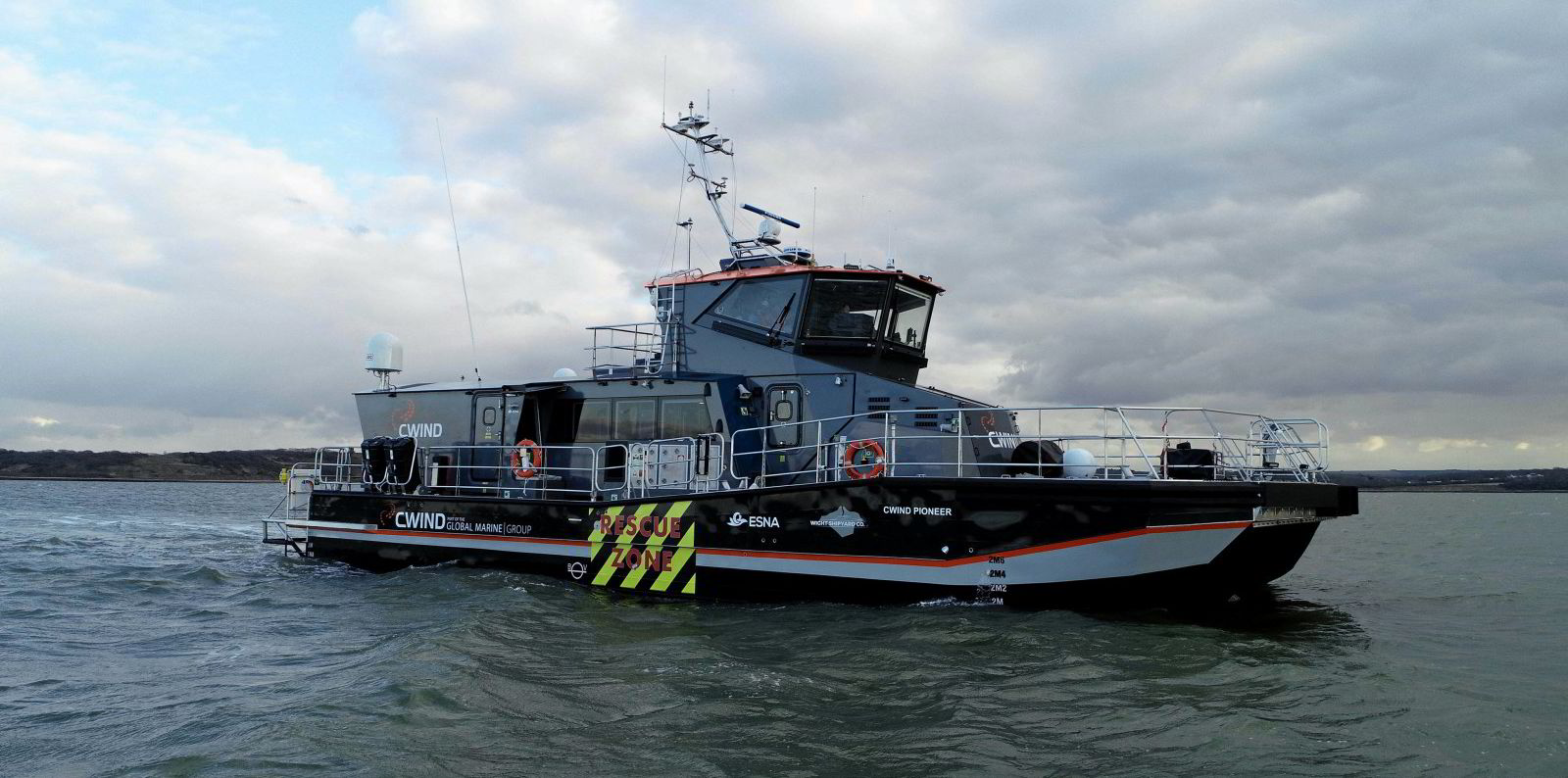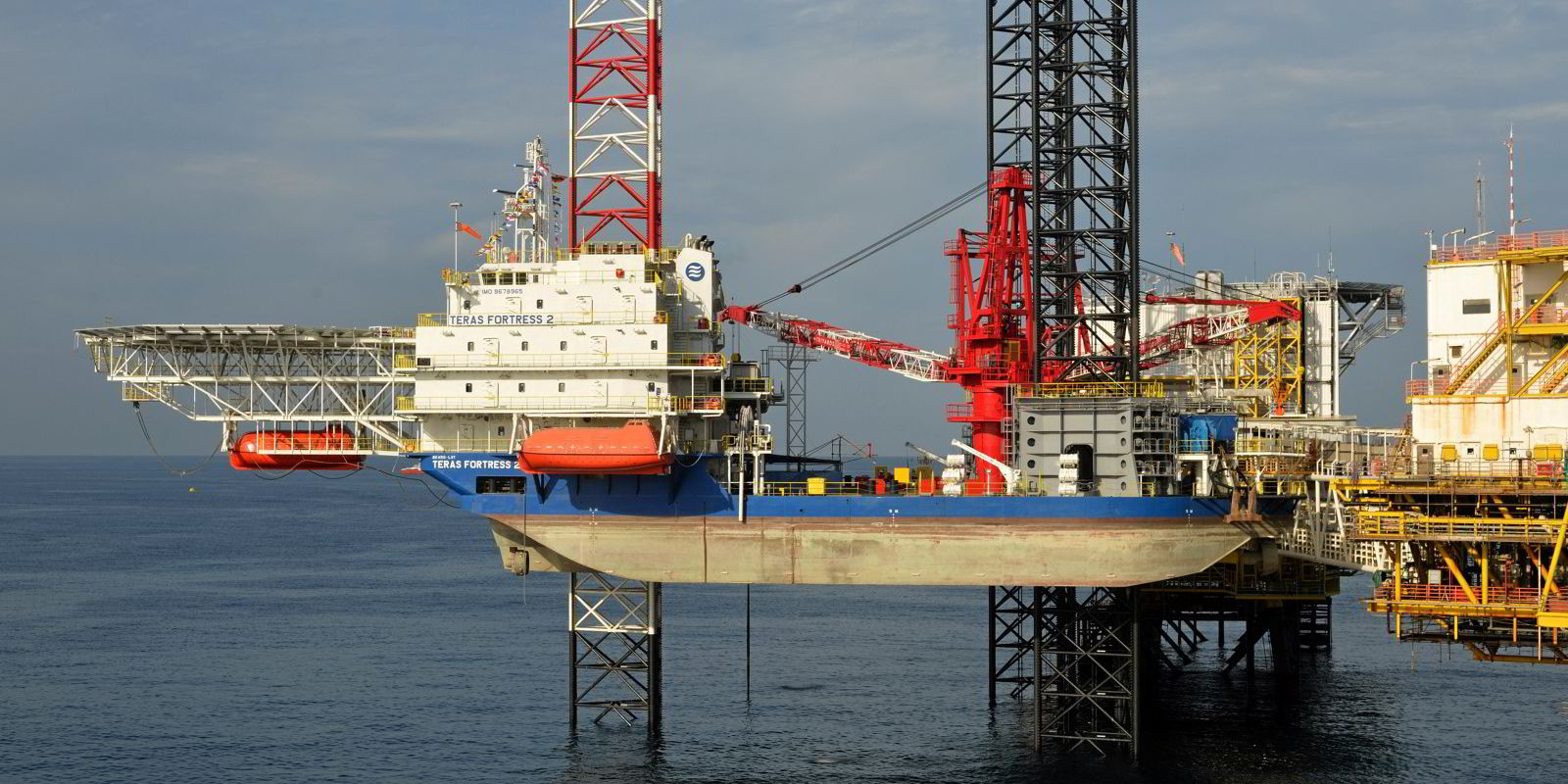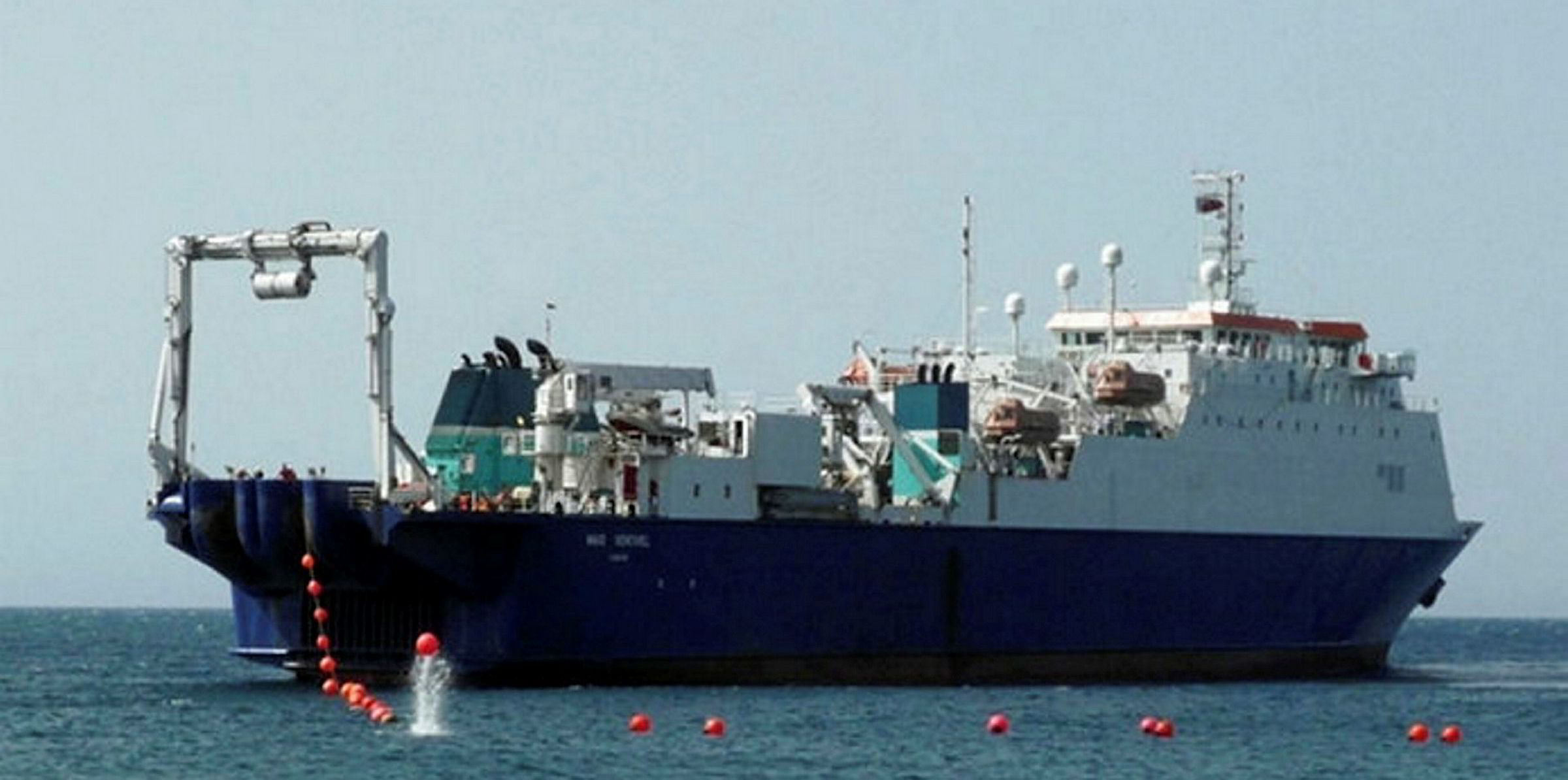Bureau Veritas (BV) has classified the world’s first hybrid-powered surface effect ship (SES) that has an air cushion.
The CWind Pioneer has twin hulls, and diesel and electric drivetrain with considerable battery storage on board.
The vessel can carry 24 passengers at speeds up to 43.5 knots transferring wind farm personnel safely even in extreme weather with wave heights up to 1.8 metres, the classification society claims.
The vessel — employed by Danish energy firm Orsted at the Borssele 1 and 2 offshore wind farms in the Netherlands — is a first of its kind with a hybrid diesel and battery electric power system, which enables the vessel to operate purely on battery power at slow speeds.
Its air cushion motion control system allows more comfortable conditions on-board and increased operational days offshore, according to BV.
UK-based CWind, which provides project services, crew transfer vessels and training for the offshore wind industry, said the SES air cushion system can gain a reduction of more than 110 tonnes of CO2 per vessel per year working at a typical wind farm situated 30 nautical miles (56 km) from port.
CWind added that the hybrid propulsion will allow the vessel to be zero emission ship infield while technicians are carrying out their work on turbines. Initial desk top studies suggested a 30% to 50% saving over conventional vessels, the company said.
However, the electric hybrid system implementation comes with a good level of complexity that needs to be managed carefully.
BV said its ‘electric-hybrid’ notation addresses the complexity of these systems, defining requirements for storage, power distribution, control and instrumentation, as well as tests that must be carried out.
CWind managing director Nathanael Allison said the CWind Pioneer has taken years of research and development.
“As the CWind Pioneer continues to perform well in-field, we will also be able to track a wealth of data to adapt and improve the performance of our hybrid vessels in the future,” he said.
The CWind Pioneer was built by Wight Shipyard, a UK builder of aluminium and high-speed craft vessels.
CWind is a unit of Global Marine Group, which was purchased by private equity investor JF Lehman & Co for $250m in early 2020.






